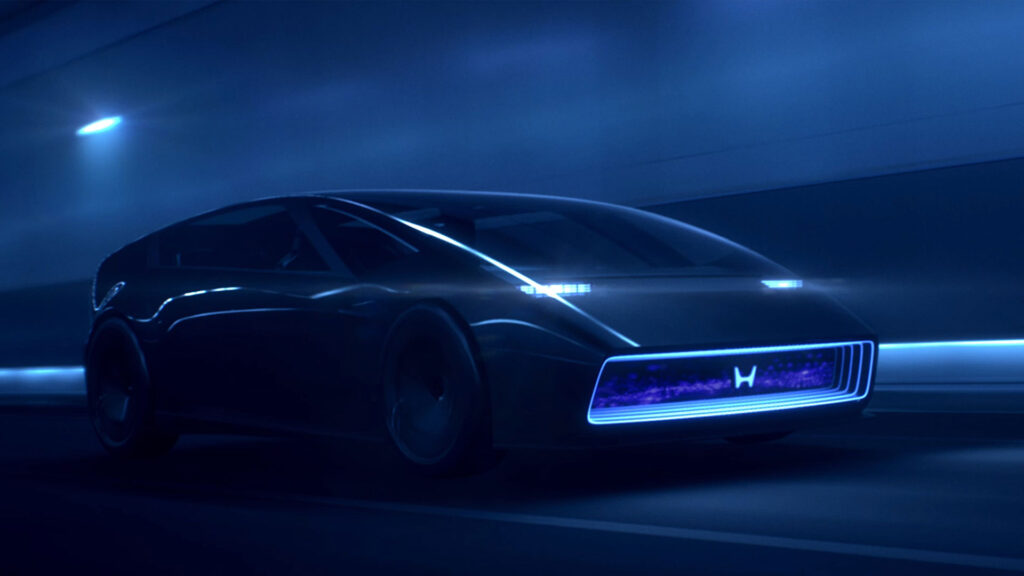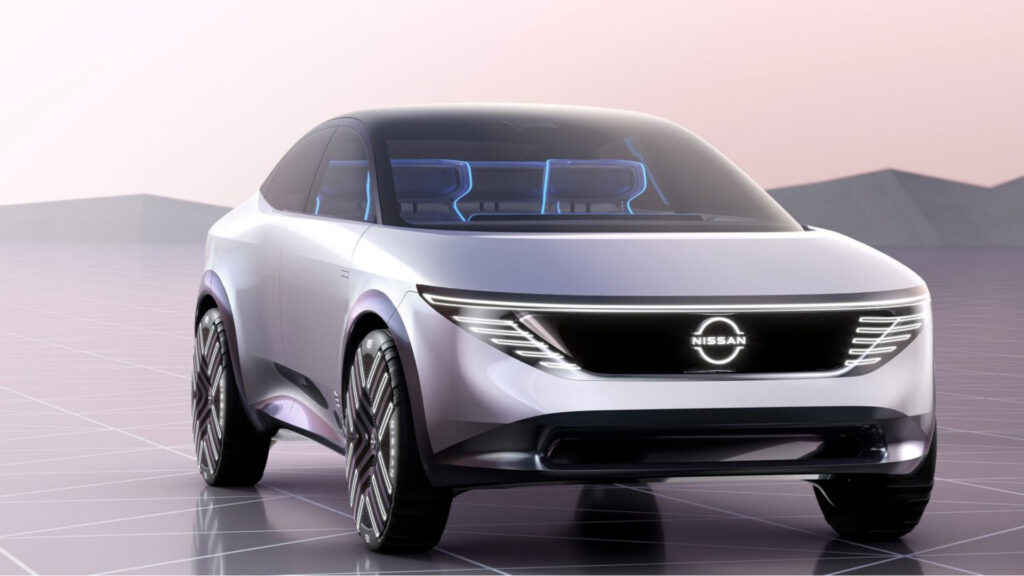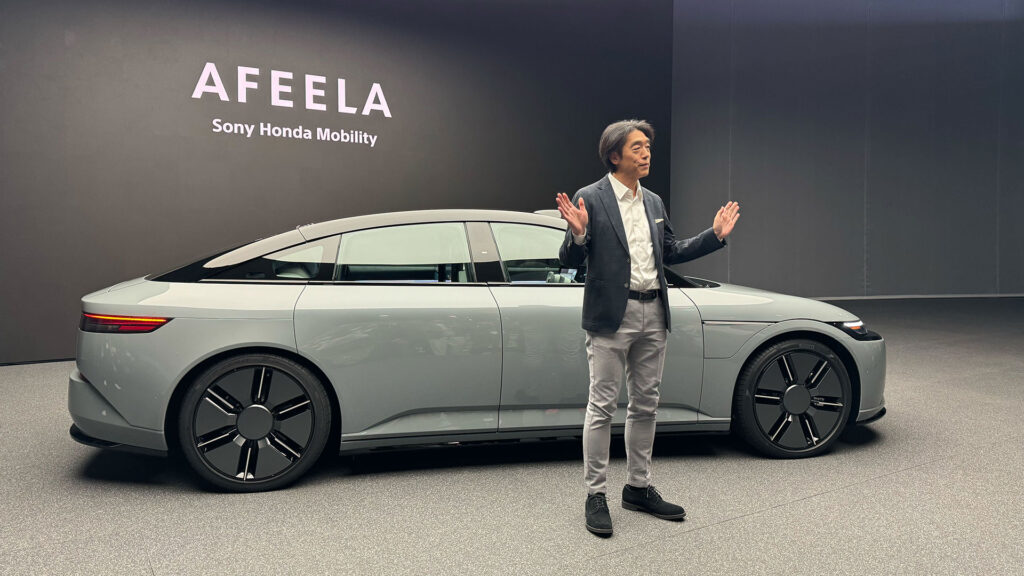Faced with particularly fierce new competitors in the electric car market, Honda is well aware that its survival is now at stake. Is partnering with other manufacturers really the solution? The agreement with Nissan will say this by 2030.
Even if the Toyota group does not see it that way, other Japanese manufacturers are well aware of the extent to which new emerging manufacturers are taking leadership in electric cars. Honda and Nissan have already started to form various partnerships, with varying degrees of success, to step up their electric game.
A non-binding agreement between Honda and Nissan was signed this Friday March 15. This is the first time that the two Japanese companies, with diametrically opposed management, have sought to join forces, as specified by Automotive News Europe. The opportunity to hear the two bosses – Makoto Uchida for Nissan and Toshihiro Mibe for Honda – make statements that border on an admission of failure.
“Can we survive?” That is the question ! »
After a period of denial, Japanese manufacturers seem to have entered a phase of questioning. They need to rethink the design and manufacturing of electric cars if they want to have a future in a completely electric (or electrified) market on several continents. Honda has announced a reset in January 2024. Nissan is still leading in concepts, but is struggling to create anticipation for its models in the market. This is all the more surprising since Nissan was a pioneer on the issue with the Leaf.

Joining forces with other car manufacturers should allow Japanese brands to share investments, but also to achieve a certain economy of scale, which they lack by remaining alone in their corner. This is, in any case, the heart of the agreement between Nissan and Honda. It is not a question of creating joint products to be rebadged, but of pooling certain expenses to save on development and production costs.
Faced with the upheavals in the automobile sector, the boss of Honda does not hesitate to say: “ Can we survive? That is the question “. The brand is well aware that only the best will still be able to fight by 2030 against the new leaders who are currently establishing themselves on the market. The Nissan boss is also quite lucid about the impact of competition: “ Emerging players are making inroads thanks to their high competitiveness and completely different business models ”, and added “ we cannot afford to rest on our laurels “.


Multiplying partners, is this really the solution?
The automotive sector has always operated with marriages, more or less successful, between major players to strengthen strategic positions. The idea of sharing platforms did not arrive with the electric car. However, the development of electric mobility has further accelerated this phenomenon, which even concerns new entrants to the market. So much so that it becomes necessary to track which companies are partnering with whom and on what.
The manufacturer Honda, for example, partnered with GM to launch affordable electric vehicles, but the project was abandoned last October. Honda is also involved in a joint venture with Sony to produce the Afeela, a niche electric model of very uncertain success.


Nissan for its part still remains a partner of Renault and Mitsubishi, even if the alliance now offers more flexibility to enter into agreements with other partners. In recent days, a rumor of Nissan’s investment in Fisker has caused a lot of ink to flow.
Above all, all this seems to portend more confusion than lasting solutions, but the future may prove us wrong.
The strategy of Japanese brands probably remains one of the biggest mysteries of the moment. Subscribe to our Watt Else newsletter to follow the big changes initiated by electric mobility
Do you want to know everything about the mobility of tomorrow, from electric cars to e-bikes? Subscribe now to our Watt Else newsletter!
